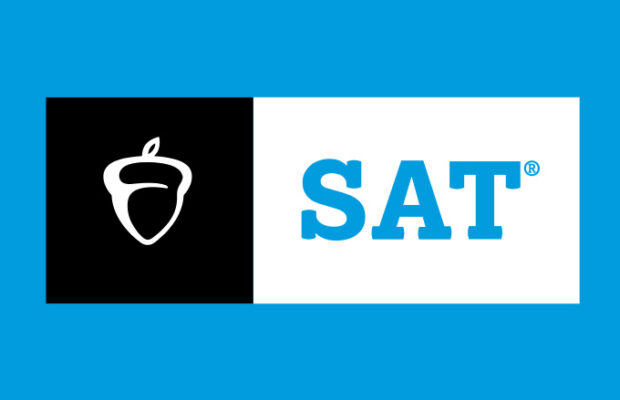Holmes freshman reaching out to help others overcome struggles with epilepsy

Holmes ninth grader Kendall Maslak and many others on March 24 raised money and awareness on Purple Day, a day focusing on epilepsy, a condition Maslak has been fighting since she was very young.
Epilepsy is a neurological disorder in which nerve cell activity in the brain is disturbed, and this causes unpredictable seizures and other health problems.
Epilepsy is the fourth most common neurological disorder and affects people of all ages, and as of right now, there are about 30,000 people in Iowa living with epilepsy.
Kendall Maslak, a ninth grader at Holmes Junior High, had her first seizure at 17 months old and then continuously once a month up until two years ago.
“It was very scary. We really didn’t know what it was. Initial reaction, we thought she was dying, but once the seizure broke and we got to the hospital, everything was explained,” Kendall’s mother, Fadua Maslak, said. “People living with epilepsy have two-three times the increased risk of death. It can happen at any time, you just don’t know.”
The family’s whirlwind journey with epilepsy had started just a short few months after Kendall’s first seizure.
“It took awhile for there to be a comfort level. Even now, I’ve seen thousands of seizures, and you just never get used to them,” Fadua said.
A year after Kendall’s first seizure and being aware of her condition, the doctors recommended epilepsy medication, known as antiepileptic drugs(AEDs). According to her mother, Kendal has tried over at least 10 different epilepsy medications in her lifetime so far.
Kendall has also received two brain surgeries, one when she was three years old and the second when she was almost six years old, yet neither one of the surgeries were successful in stopping the seizures.
Over the last two years, the family has found a consistent medication for Kendall to take in order to help with her condition.
On March 23, it was Kendall’s two-year marking for being seizure free. Before this stretch with no seizures, there were definitely rough days for Kendall and her family. When having a seizure, Kendall would have to go home, sleep for a few hours and would wake up with a headache.
“We’ve always treated her and always tried to keep her life as normal as possible,” Fadua said.
Kendall has an IEP and para educator, mostly for safety reasons in case she would have a seizure. There are lots of paraeducators at Holmes that have all been a part of Kendall’s journey as well as helping other students with mental and physical health issues.
Janie Laipple, Jenny Goodnow, John Grider, Diane Limkeman, Kristi Lienhard and Steph Freeland got together with Kendall’s family and came up with the idea of a bake sale in order to raise money for the Epilepsy Foundation on Purple Day, which is March 24. One of Kendall’s paraeducators, Stephanie Freeland helped put together the bake sale and conduct an order of T-shirts for Purple Day.
“We just wanted to help bring awareness to epilepsy and raise some money for the foundation,” Freeland said.
Freeland has worked at Holmes for three and a half years as a paraeducator and started reading with Kendall, but now has her six of the seven periods through the day at Holmes.
“It’s just amazing watching her grow and learn things,” Freeland said.
The bake sale and sale of the T-shirts had a great turnout, and Kendall as well as her family said they were very happy to have all of her classmates and the staff be a part of her journey as well as other kids with disabilities in the junior high too.









You must be logged in to post a comment Login